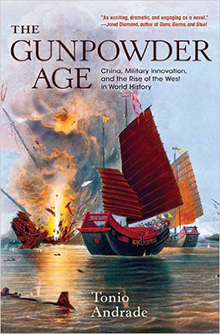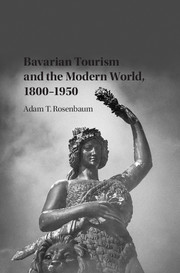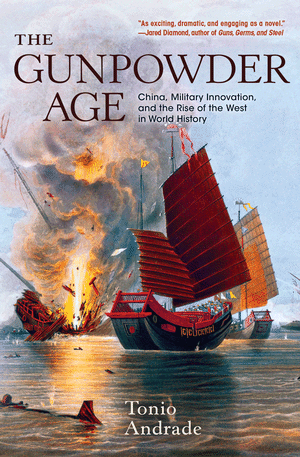The panel of judges for the 2016 Woodruff Library Undergraduate Research Award recognized the outstanding scholarship of three History Department majors. Samantha Keng and Zixuan (Armstrong) Li each received $500 prizes for undergraduate research papers. Keng’s paper, sponsored by Professor Carol Anderson, is titled “Model Minority Awakenings: Vincent Chin, Asian America’s Emmett Till.” Li’s work, titled “Doner Kebab: Symbol of German Multiculturalism in the Turkish Immigration Question,” was supported by Dr. Astrid Eckert. A third History Department major, Emily Moore received an Honorable Mention. Titled “‘A Casket Full of Precious Memoirs’: The Town of Washington’s Conception of Its Own History,” Moore was sponsored by Dr. Leslie Harris. Congratulations to these students and their advisers on outstanding work. Descriptions of each piece can be found in the Emory Undergraduate Research Journal (EURJ) from pages 66-69. Also see the news release on the Woodruff library’s Scholar Blog.
 From left to right: Emily Moore, Zixuan (Armstrong) Li, Samantha Keng, & Hannah Conway
From left to right: Emily Moore, Zixuan (Armstrong) Li, Samantha Keng, & Hannah Conway

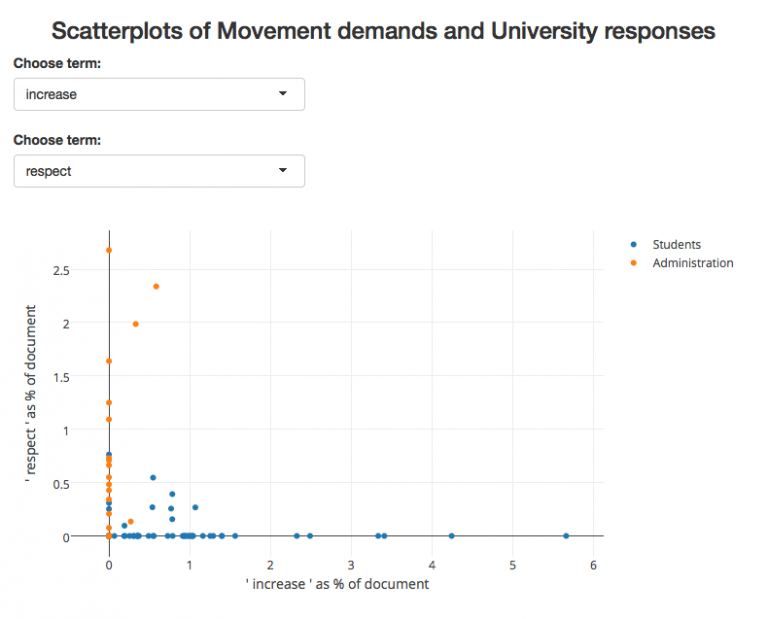


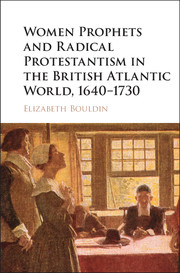
 From left to right: Emily Moore, Zixuan (Armstrong) Li, Samantha Keng, & Hannah Conway
From left to right: Emily Moore, Zixuan (Armstrong) Li, Samantha Keng, & Hannah Conway